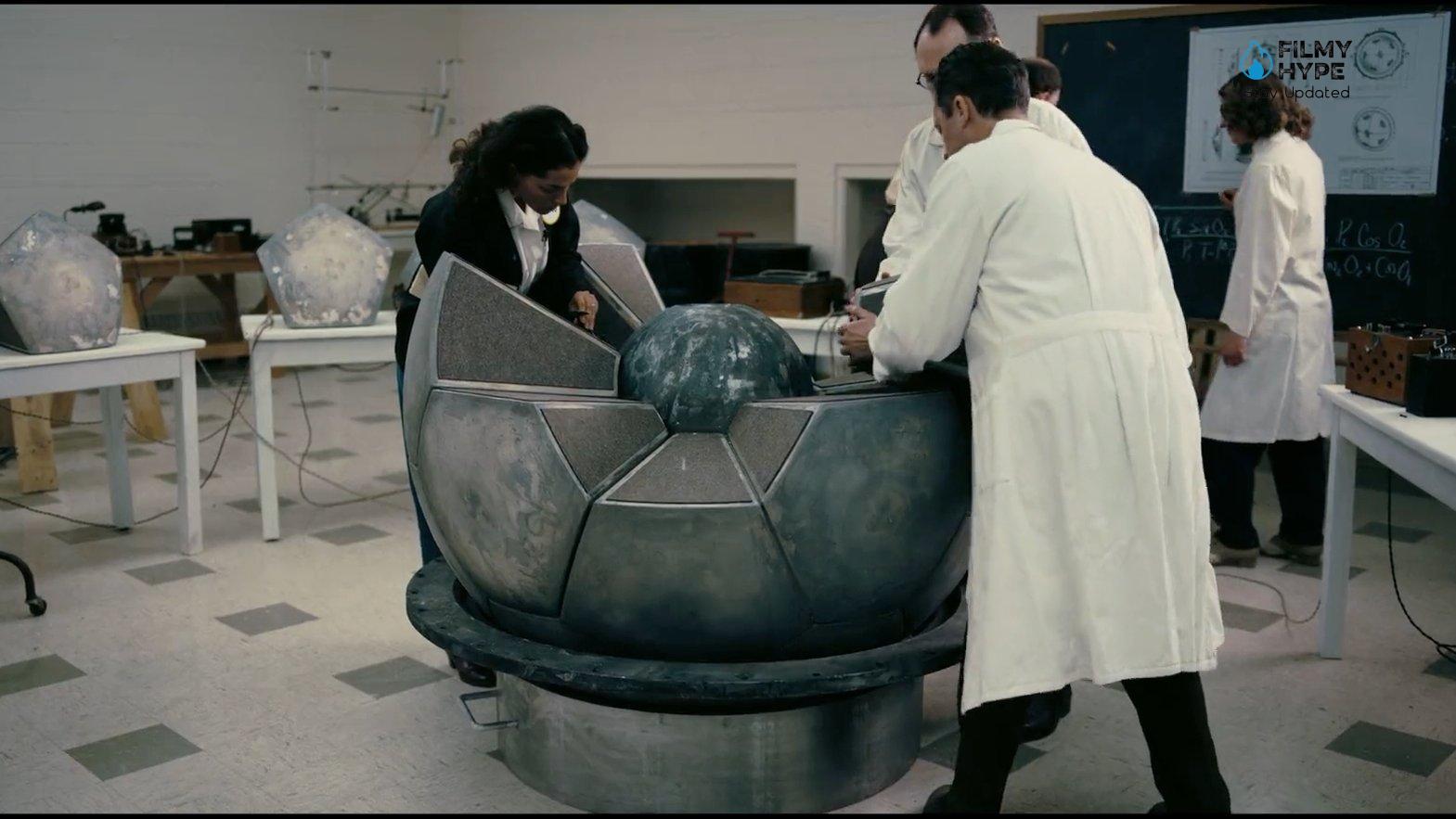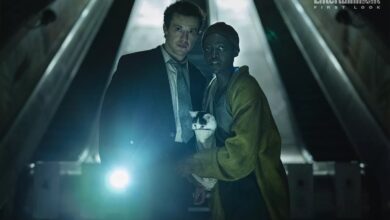Oppenheimer: Why It Might Be the Best Atomic Bomb Movie?
Excitement is building for Christopher Nolan’s latest work, the biopic Oppenheimer, which is scheduled for release in late July. Starring Cillian Murphy as Robert Oppenheimer, with Matt Damon, Emily Blunt, Robert Downey Jr. and Florence Pugh in supporting roles, the film tells the story of the atomic physicist, including his work on the top-secret plan to create a bomb, the Manhattan Project and its subsequent moral qualms about its use and proliferation. This is a subject that has already been covered on several occasions: by the BBC in 1980, again on film in 1989, and famously by composer John Adams in his opera Doctor Atomic (2005). But Nolan’s take on the physicist’s life is eagerly awaited. Here’s why he will be the best:

Nolan’s Masterful Direction is Tailor-Made for Oppenheimer‘s Story
Every film buff knows Nolan’s work, which already rivals that of directors several decades his senior, with a whopping sixteen Academy Award, BAFTA, and Golden Globe nominations to his credit, and many of the highest-grossing films of the twenty-first century to his credit. resume, including The Dark Knight (2008) and The Dark Knight Rises (2012). All of Nolan’s films, however, have one major thread running through them, which is the director’s fascination with the cerebral.
From early efforts like Memento (2000), which centered on an amnesiac’s struggles to exact revenge on his wife’s killer, to the Academy Award-winning blockbuster, Inception (2010), Nolan has consistently explored the inner psyche and our perception of reality. Even otherwise simple historical narratives like Dunkirk, are told in non-linear ways. Oppenheimer‘s main contribution to science was to harness the power of the dark world of the atom, but much of the work was done not in the laboratory, but in the mind. Nolan is the perfect choice to direct a film about the pioneering physicist.
Nolan Has Assembled a Stellar Cast
Nolan attracted an extraordinary amount of talented actors to star in Oppenheimer; rare is the film that features such a star-studded cast. Cillian Murphy plays the physicist, with Emily Blunt as his wife Kitty, and Florence Pugh as his lover Jean Tatlock. But the supporting cast reads like a Hollywood “who’s who,” including luminaries like Kenneth Branagh (Belfast), Rami Malek (Bohemian Rhapsody), Josh Hartnett (Pearl Harbor), and Casey Affleck (Ocean’s Twelve) among others. Also, Gary Oldman, who won an Academy Award for his portrayal of the war leader of the United Kingdom, Winston Churchill in Darkest Hour (2017), here plays Churchill’s American counterpart, Harry Truman.
Oppenheimer Has a Very Broad Scope
Perhaps the most successful, if one of the least known, films to address the atomic bomb was Fat Man and Little Boy (marketed outside the United States as Shadow Makers), a 1989 film by Roland Joffé. With an impressive cast including Paul Newman as Colonel Groves, Dwight Schultz in top form as Oppenheimer, John Cusack, and a pre-Jurassic Park Laura Dern in supporting roles, Fat Man and Little Boy was a box office bomb and despite receiving decidedly mixed reviews, it remains compelling both for its performances and for Joffé’s straightforward, no-nonsense conducting. The film takes a much narrower view of Oppenheimer‘s life, focusing on the three years it took for the Manhattan Project to come to fruition. The emotional focus of the film is what is described as a power struggle between Oppenheimer and General Groves.
Oppenheimer sees Groves as a swashbuckling soldier, but as the film progresses, Groves gains the upper hand, constantly pushing Oppenheimer to complete the project despite the scientist’s moral qualms. An important subplot involves Oppenheimer‘s relationship with Jean Tatlock (played with verve by Natasha Richardson), who in the film – as in real life – eventually committed suicide, leaving Oppenheimer emotionally distraught as the project reached its conclusion. What Fat Man and Little Boy lacked, however, was a broader sense of Oppenheimer‘s reputation, especially towards the end of the war. His identity was a closely guarded secret during the bomb’s development, but after it was successfully used, Oppenheimer became a household name: his photo appeared on the cover of Time magazine and was feted by President Truman.
This rosy picture, however, was clouded in the early 1950s, when Oppenheimer and many other left-leaning physicists and scientists fell under the suspicion of McCarthy politicians. Given that Nolan’s film is based on the Pulitzer Prize-winning biography of Oppenheimer by Kai Bird and Martin J. Sherwin, which covers this period of the scientist’s life in forensic detail, the film could revisit this tumultuous period in more detail.






